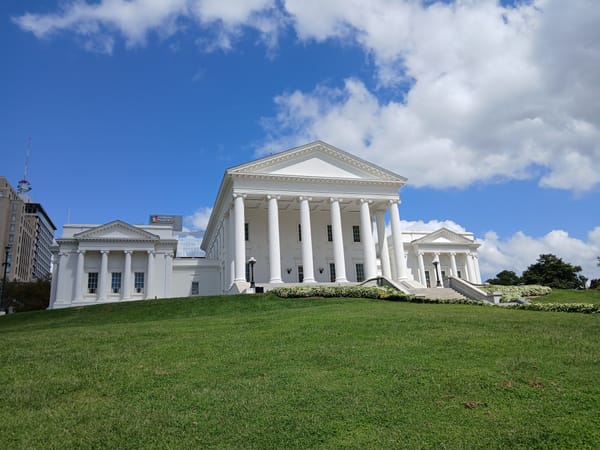Things I might have tweeted, part 6: digitizing oral histories #marac
Jennifer Synder, AAA Uses Sound Directions from IU. Pet peeve of mine: gold "archival" cds. They are no more reliable than regular cds, cost more, and give you a false sense of security. If you need cds, for whatever reason, just use regular cds. Vendor continuity and relationships are important in succesful large scale digitization projects. Kate Stewart, American Folklife Center Created a database to figure out who has been interviewed with regards to the Civil Rights Movement. Trying to do new interviews with peiple who have never been interviewed before. The list should be published soon. Oral history interviews are going more and more to video, although they will still do audio only if the interviewee insists. Beth Millwood, UNC SOHP Four keys for oral history programs: Ongoing consulting, training, returning work to the community, and giving the oral histories to the larger community. An ideal oral history program: has a continued connection with those interviewed, a willingness to train at several levels, access to resources for community groups.
